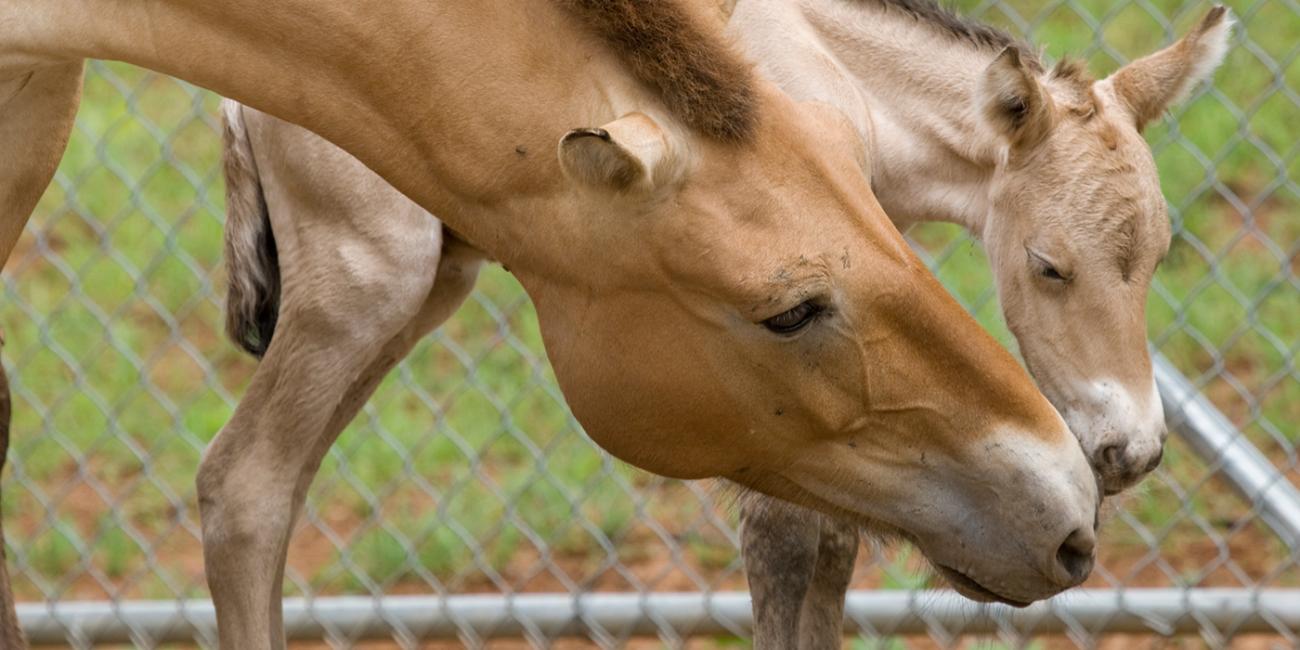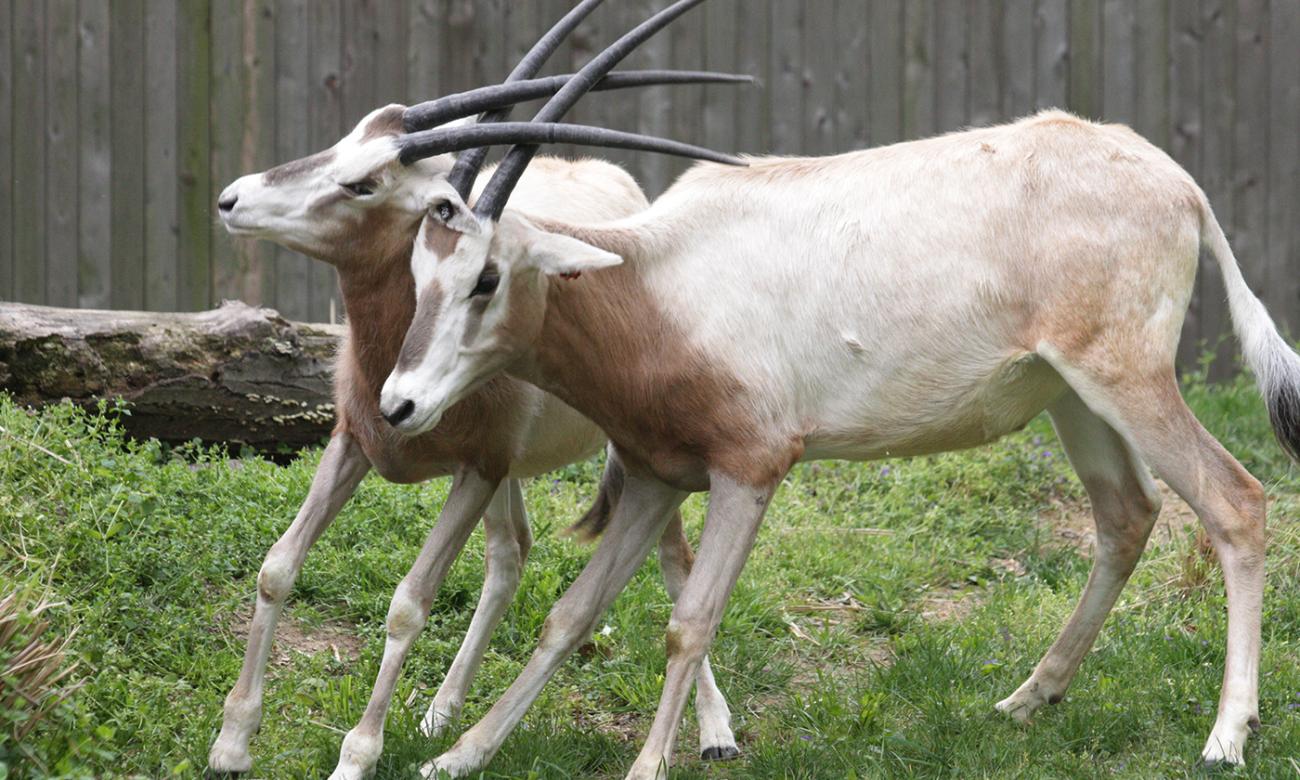Biography
The primary goal of Dr. Pukazhenthi's research program is the conservation of endangered species including ungulates, elephants and rhinos in captivity and in the wild. His research interests include understanding the fundamental reproductive biology of rare and endangered species, mitigating infertility, developing assisted reproductive technologies, gamete and embryo cryopreservation, genomics, and wildlife ecology. Dr. Pukazhenthi's team produced the world's first Persian onager and Przewalski's horse foals via artificial insemination. Dr. Pukazhenthi also studies the interactions between diet and health using multi-omics approaches to improve overall health and well-being of endangered species managed under human care.
In addition to the above, Dr. Pukazhenthi leads conservation research on the endangered mountain tapir in Ecuador. Working alongside collaborators from Cheyenne Mountain Zoo and the Andean Bear Foundation, his team has been responsible for capture, collaring, and monitoring of several wild mountain tapirs in Ecuador. Ongoing studies hope to assist with developing a national conservation action plan for tapirs in Ecuador.
Pukazhenthi completed his bachelor's degree in veterinary sciences at the Madras Veterinary College in India in 1987. He also has a master's degree and a doctorate from the University of Maryland. He completed a post-doctoral training at the Smithsonian National Zoological Park in 1998, where he trained with Drs. JoGayle Howard and David Wildt. Pukazhenthi was a recipient of the prestigious Special Emphasis Research Career Award from NIH, University of Maryland College of Agriculture and Natural Resources Alumni Early Career Award, and Outstanding Alumni Awards.

